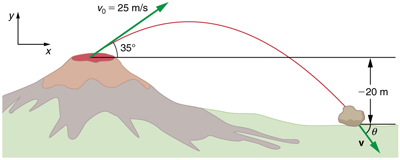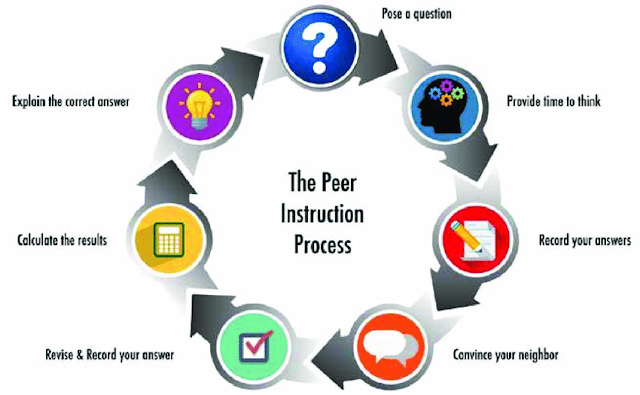I give up, sir.
This year, I have been given the opportunity to teach a number of senior science lessons. I have also noticed that for these classes, students are struggling with the concepts being taught. One of the fine balancing acts between junior and senior science is the desire for engagement yet also providing those students who move forward in science with sufficient content so they can succeed at these higher levels. Learning is unique in humans as we learn from each other. We have developed complex systems of communication to exchange ideas. So when it comes to senior science lessons. instead of starting from scratch, students can build on what has come before.
Though, I am finding with my present cohort that this is a problem. Looking at my year 12 physics class as an example, complex concepts like projectile motion are already hard enough without the extra problem of not having the sufficient skills in algebra and calculating vectors. So initially, I was having to teach this content explicitly, with each element broken down and fully explained and this is all with the time demands of a curriculum.
So although engagement in science is indeed important, but one must be very careful that the engagement is on the science. What I am seeing in my senior classes is that by not having the prerequisites for the subject, they are struggling and becoming demotivated.
I can understand why. Without the prerequisite knowledge the task complexity increases. This means the number of ideas a student must hold in their limited working memory in order to complete a task increases. Take an analysis my chemistry students are doing at present. It involves analyzing wine samples to determine the composition of the wine. Say the sample contains vinegar - an acid. The student needs to know the blue litmus turns to red litmus and that this is due to the formation of hydronium ions from the acid/base chemistry of the solution, not to mention the formula of vinegar and how to balance acid/base equations. That is a lot to process for a novice, if they have not dealt with acid/base chemistry before.
So the disengagement within my senior classes can be accounted for by the fact that the cognitive load is way above the limits that students’ working memories can handle. So one way I have tried to alleviate this is develop a peer instruction model developed by Mazur in my senior classrooms.
So far, the challenge has been getting students to watch the initial videos, applications such as Edpuzzle have helped here as it allows me to see the videos have been watched and also gives me a handle on any gaps in knowledge which I can focus on in the first few minutes of the lesson. Still early days and a work in progress, but a phrase which comes to mind is, if you want to run fast, run alone. If you want to run far, run together.







Comments